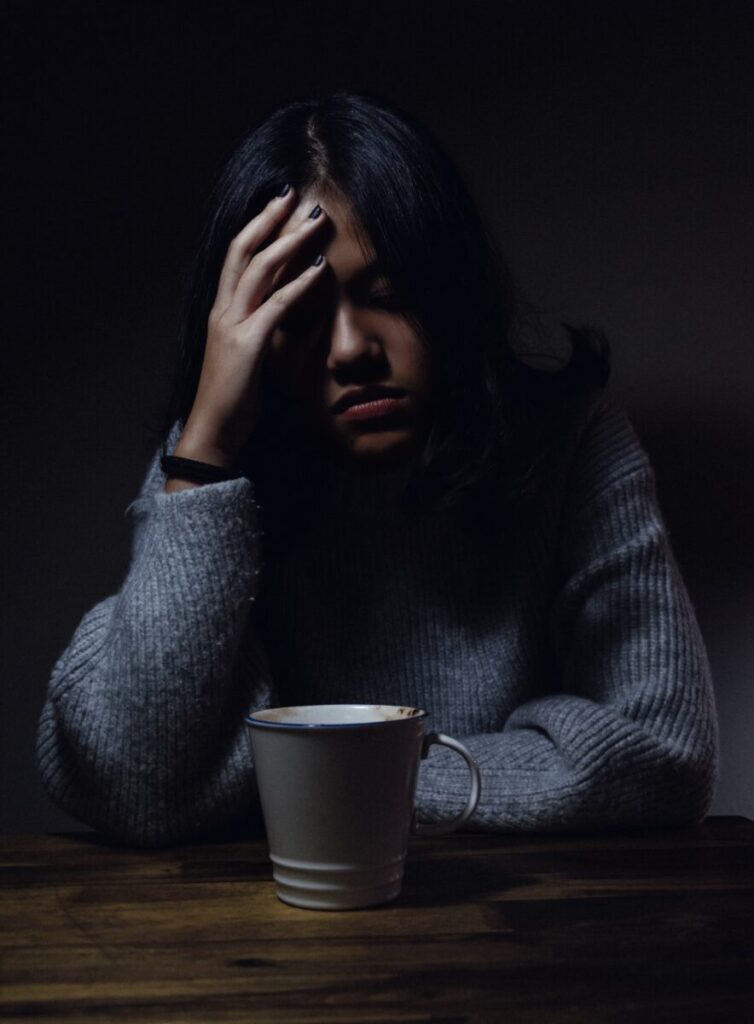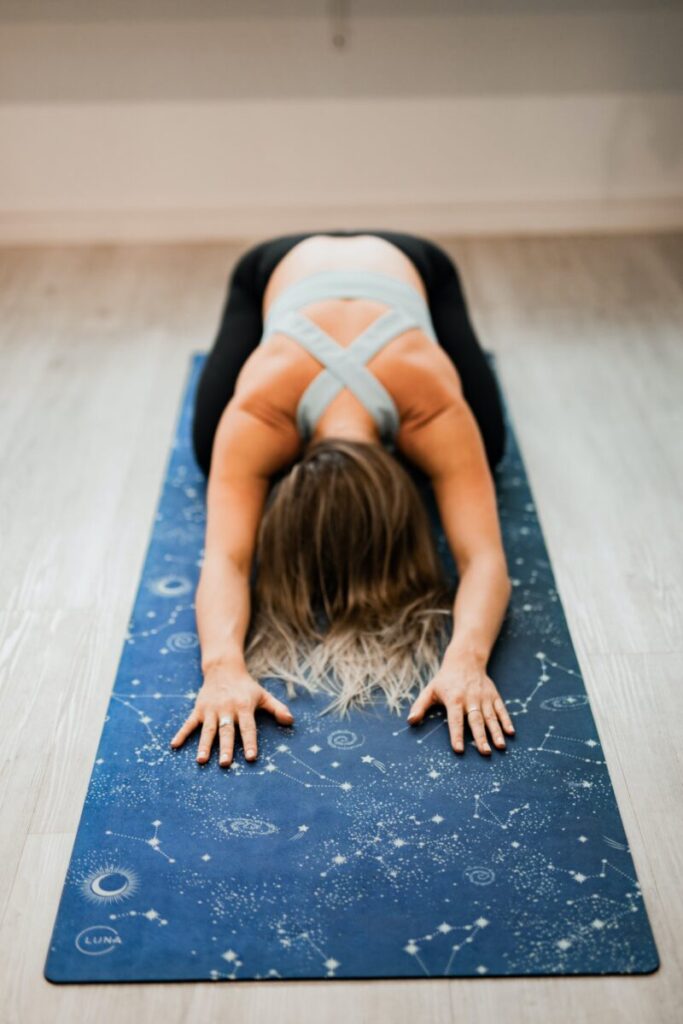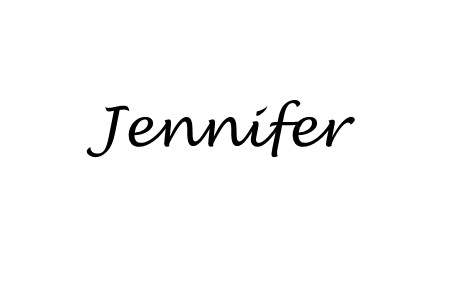This post contains affiliate links. If you use these links to buy something I may earn a commission. I only recommend products I would use myself and all opinions expressed here are my own. Thanks!
Well, I did it. I completed Dry January. No alcohol for 31 days – actually 32, because I did not drink on New Year’s Eve.
What have I learned? I learned that wine is my default method for handling work and family stress. I learned that it is very hard, but not impossible, to watch an intense, back-and-forth and ultimately heartbreaking Bills playoff game without drinking. I learned that non-alcoholic wine does not taste the same as regular wine but it’s not bad in a pinch.
How do I feel? Not bad. Not fantastic, but not bad. My companions in my Facebook Dry January group have talked about all kinds of health benefits from not drinking. They have mentioned weight loss, clearer skin, better attitude, more energy.
I am not experiencing any of those things. I have not lost any weight. I thought I would drop a pound or two just from avoiding the calories from alcohol but that has not happened. My skin is actually worse than before, though perhaps that’s a coincidence. I do not have a better attitude. I’m fairly grumpy even on a good day so a better attitude would definitely be noticeable. I do not have more energy. I am still reluctant to get out of bed in the morning and can’t wait to go to bed at night. I don’t have any more energy than I did before for exercise or endless rounds of tickle fights with The Child.
What am I experiencing? It’s been great waking up in the morning without a headache or feeling groggy. I like not having the particularly nasty morning breath from alcohol. I like sleeping through the night and not waking up at 2:00 am when the alcohol wears off and being awake for three hours.

I feel clearer-headed. I am extremely well-hydrated. I’m sleeping well. I feel better for having taken a break from alcohol. To be honest, though, I don’t feel measurably better in a physical sense.
For the most part, my benefits have been psychological. I am proud of myself. I feel confident in my ability to choose not to drink. There have been times in my life, especially the last couple of years, when I have wondered if I could go without drinking. The feeling of “I need a drink” would be overwhelming and I would be concerned about my dependence on alcohol to help me manage stress – but if I didn’t have a drink, I would feel cheated or deprived, like this was something I deserved and wasn’t getting. During this past month, I still had plenty of times when I felt like I needed a drink (the Bills-Chiefs game comes immediately to mind). I had moments when I felt like I was missing out on something and moments when I was feeling sorry for myself for this self-imposed restriction on my relaxation and fun. But I had committed to this, had told people about it, had a Facebook group full of people doing the same thing. And every time I needed a drink, I knew that if I had one, I would have to tell all of those people that I had not succeeded. And so I knew I couldn’t have a drink. I couldn’t bear the idea of failing at Dry January. (I used this same technique to convince myself not to drop out of the 2018 Buffalo Marathon at mile 15 – everyone would know.)
Those feelings all passed. Feeling sorry for myself, feeling the need, the pull for a glass of wine – it all passed. It wasn’t easy, by any means, but I did it. Generally, I chose a substitute for the alcohol I wanted. Non-alcoholic wine, kombucha, cans and cans of Spindrift. I don’t drink pop so that wasn’t an option for me, though I did have a delicious house-made soda at The Grange one evening. I would pour my drink into a wine glass, which seemed to help. Maybe the muscle memory of holding and sipping from a wine glass met some deep-seated need in my subconscious.

I also reminded myself regularly that this was not forever. This was temporary. I would drink wine again.
And now that time has arrived. Today is February 1. Now what? Will I pour my first glass of wine after work today?
I’m not sure. I don’t have a solid plan for going forward. A poll in my Facebook group asked about everyone’s plans for February and I chose “dry-ish February – I plan to drink less frequently than before.” I’d like to be able to have a glass of wine a couple of times a week and stop after one drink. That would be my ideal situation. I don’t know if I’ll jump right into that tonight though.
I’m interested to see if my desire for alcohol has changed and if so, how. Now that I know I can make a choice to imbibe or not, will I feel a need for a drink – or simply an interest in a drink? And if I can have a drink if I choose to, will I want one? Dry January has answered some questions for me but has created others.
One factor that did not really play a role in my Dry January was parties and social situations. After the holidays, we didn’t socialize much. I imagine that’s true for many people, which is why Dry January is a thing in the first place. January comes after the holidays and we’re all a bit partied out. It’s a good time to take a break from alcohol. I am curious to see whether I feel any pressure to drink when I’m around other people. I’m very introverted and having a drink in a social situation can help me get started when I’m interacting with groups.
The social pressure of drinking is a big focus of a book I read during January called Quit Like a Woman: The Radical Choice to Not Drink in a Culture Obsessed with Alcohol by Holly Whitaker. It details her journey with drinking and her transition to sobriety. I could relate to many aspects of the book, even though Holly identifies as someone who is addicted to alcohol, and I do not (she chooses not to use the word “alcoholic”).
One particular idea really made me think – in fact, I put the book down so I could turn it over in my mind. Holly mentions that alcohol is the only drug in our society that we don’t feel someone has a problem with until they stop using it. Unless you are very obviously abusing alcohol (DUIs, regular disruptive public drunkenness, getting fired for drinking at work), no matter how much or how frequently you drink, no one considers that you might have a drinking problem, until you decide to stop drinking. Think about that. Our society revolves around the idea that everyone drinks. We go out for drinks, have office happy hours, have people over for drinks, offer someone a drink when they stop over, bring a bottle of wine when we go to a party. If you drink, you expect that everyone else drinks too. Have you ever been to a dry wedding? I have. No one knew ahead of time that there wouldn’t be alcohol. Someone ran out to a nearby convenience store, came back with beer and we drank in the parking lot. At someone’s wedding. (Miss Manners would be horrified.)
There are very few socially acceptable reasons for adults to not drink. Having a hangover or claiming you’ve been drinking too much lately will buy you a couple of days off. Pregnancy is acceptable, although you will be counseled by other women that an occasional glass of wine won’t hurt. Medication interactions are acceptable, although this may lead to nosy questions about what medication you are taking and why. Religious exemptions are also permissible (again, you’ll need to explain yourself). It is also ok to not drink if you have always been a non-drinker. It is not ok to change your mind partway through adulthood. You will be viewed as very odd (what do you do for fun?), but if that’s the way you want to be, well ok then. I know a few people who are lifelong non-drinkers and I promise you that other people think they are weird.
Other than these reasons, if you inform people that you are not drinking right now, or any longer, they will suspect that you are an alcoholic. Why else would you stop drinking? The only possible reason is that you cannot handle it – you must have a problem.
I am not being judgmental towards people who have these thoughts. I have had these thoughts about people. I have had them about myself! If I’m choosing not to drink, doesn’t that mean that there is something wrong with me, that I can’t control my drinking? That I have a problem?
No. Society makes all kinds of decisions about norms that don’t make any sense. Why can’t I wear a bathing suit to the library? I’m not hurting myself or anyone else. I don’t even know if the library has a rule specifically banning bathing suits. But I’d be violating a major social norm if I did. People would think I was weird.
Not drinking in a society that says drinking is not only ok, but basically a requirement for adulthood simply means that I’ve made a conscious decision to skip (temporarily or permanently) a drug that causes me to feel bad when I use it in excess. Yes, alcohol is a drug. One that we’ve decided is socially acceptable to use in public and even declared “essential” at the beginning of the pandemic.
But it’s still a drug. And like all drugs, it has benefits and risks. Ibuprofen is a socially acceptable drug that will relieve my headache, but if I take too much of it on a regular basis it will destroy my stomach and kidneys. So maybe I don’t take ibuprofen every time I have a headache. Maybe sometimes I wait and see if the headache will go away on its own. Choosing not to take ibuprofen doesn’t mean I have a problem with ibuprofen. It means I’m weighing the benefits and risks of taking it.
For me, I’m hoping to move toward a relationship with alcohol that’s like the one I have with ibuprofen. I’ll use it occasionally and appropriately and won’t take more than what’s recommended.
Fingers crossed. The good news is that now I know that if I exceed it, I can stop again, take another break and regroup.
Which is what my Dry January was all about in the first place.
Thanks for being with me on this wellness journey.


Leave a Reply